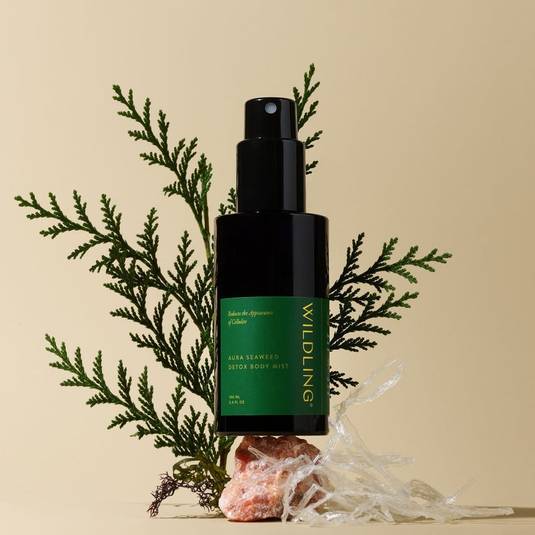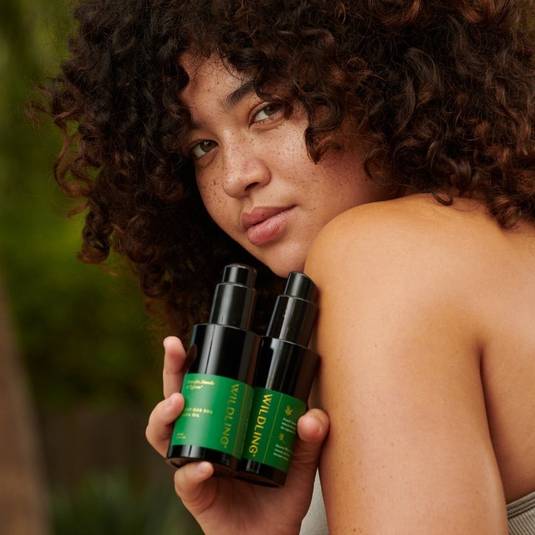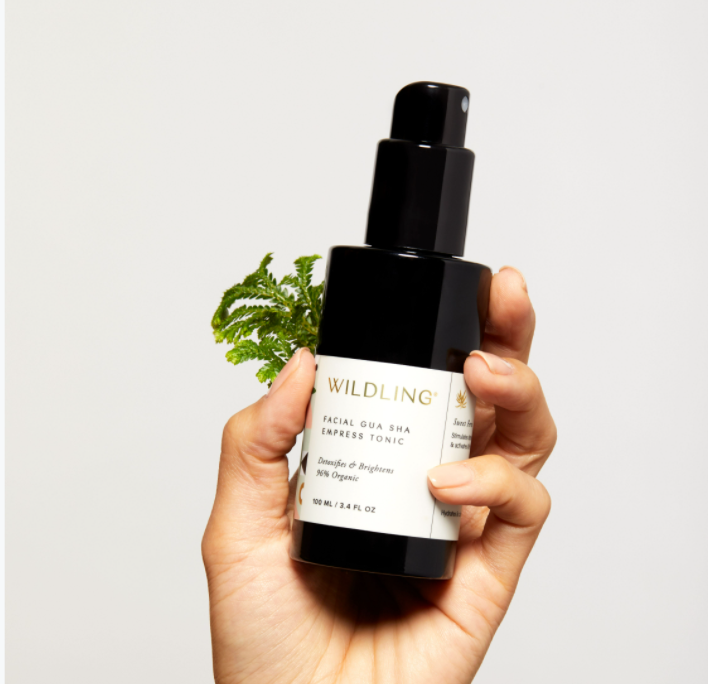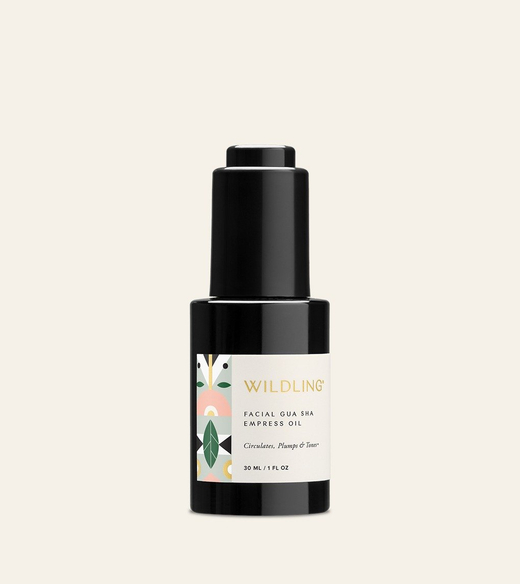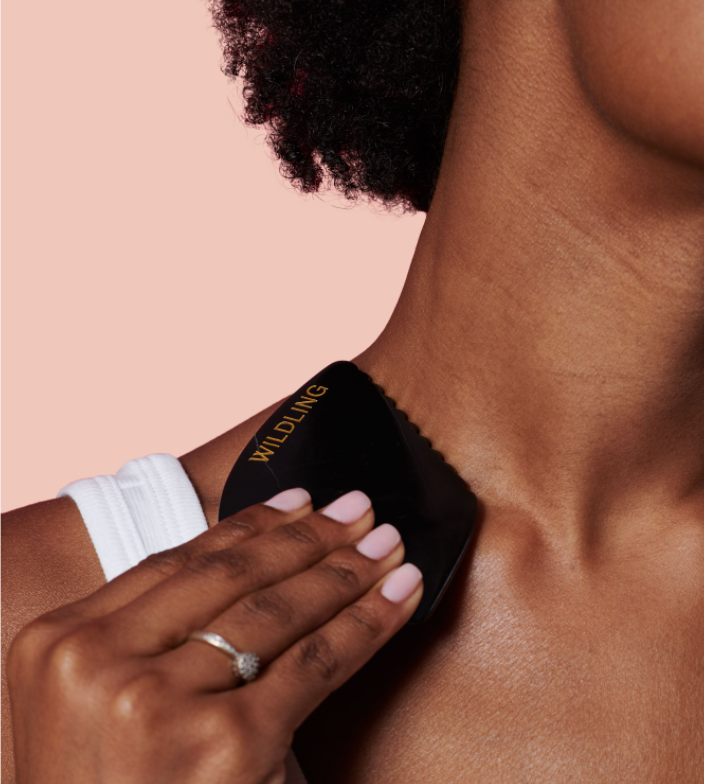From mood-boosting aromatherapeutics to complexion-improving properties to helping with different mental and physical ails, it’s safe to say Bulgarian Rose is an overachieving ingredient!
It’s one of the four active botanicals in our Empress Tonic, a hydrosol that makes a powerful addition to any clean beauty routine, but that was specifically designed to enhance the effects of facial gua sha. This tonic is super special because it’s essential-oil free, making it an excellent choice for all skin types—yes, even for sensitive skin. Instead of essential oil, our rose extract is in flower water form, a gentle but potent delivery system that provides several benefits for the skin and the spirit.
Here we dive into rosewater, rose oil (rosewater’s well-studied sister), how it's made, and the evidence-based benefits the scent of rose has been known to provide.
HOW IS OUR EMPRESS TONIC MADE?
Did you know that a pound of rose essential oil requires about 10,000 pounds of rose petals, or 60 roses, to make a single drop of rose otto essential oil? Beautiful, but kind of insane! Distilling hydrosol from a rose plant is far more efficient from an environmental perspective: A gallon of hydrosol takes only eight pounds of plant matter.
Hydrosols are made using a distillation process that’s entirely different from the essential oil distillation process. We have to say, ours is particularly special. Starting with the harvest, plants are picked only at their peak, ensuring optimum potency and freshness. Some methods create hydrosol by adding a few drops of essential oil (and often, an emulsifier) to water or rehydrating dried plant matter in water—neither are as effective or healing as starting with the whole plant. We use only the whole plant in our process, which imbues the water with nutrients and energetics from the living plant.
The whole plant matter is put into copper stills along with water, which is then heated. As steam rises, the aromatics and cellular material from the plant are trapped into vapor molecules, which float to the top of the still and through a system of tubes, eventually landing in a separate vessel where the temperature is lowered and the vapor transforms to water.
ROSEWATER AND ROSE OIL BENEFITS FOR SKIN (AND BEYOND).
Rosewater has imparted its healing properties for millennia. Did you know that Cleopatra was a huge rosewater lover and used it not only in her skincare regimen, but to drink and to bathe? It is water-soluble and mildly astringent, which means that it’s soothing and hydrating to the skin. It’s also been associated with anti-fungal, anti-bacterial, anti-inflammatory benefits, and is known to balance and calm the skin. Rosewater can be used as a cleanser, to remove makeup, as a gentle aftershave, or as an all-day hydrator. Did we mention it’s a mood booster, too? You can spritz it under or over makeup to refresh your face and your aura. It’s also known to help improve the skin’s elasticity, making it more resilient, less prone to breakouts, and protected from pollution and the elements.
Rose essential oil, which, as we established earlier is different and more potent than rosewater but has been relatively well researched, has been shown in clinical studies to have strong antibacterial properties. In other words, it can help keep your skin clean and clear. In one review of 13 clinical trials on the physical and psychological effects of rose oil, it was linked to anti-anxiety, physiological and psychological relaxation, and had analgesic effects—hello, mood boost. In yet another study, the scent of rose was associated with fewer feelings of depression and anxiety for postpartum women, and linked to decreased intensity of lower back pain in pregnant women.
Like we said: Bulgarian Rose is a type A overachiever! It seems that the flower’s healing properties know no bounds. In addition to the physical and mental benefits, herbalists and aromatherapists have praised rose for its ability to heal a broken heart, promote trust, and encourage resilience.
